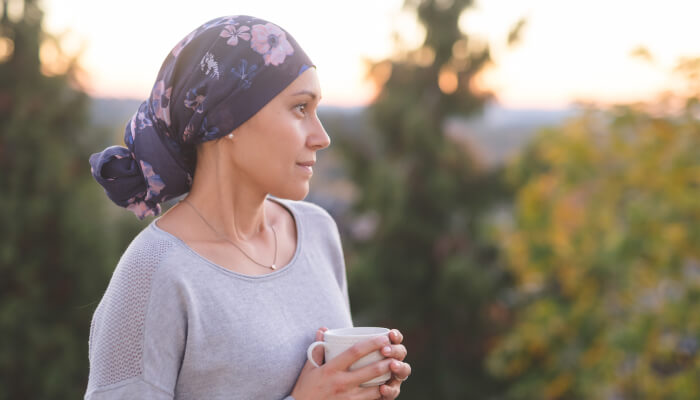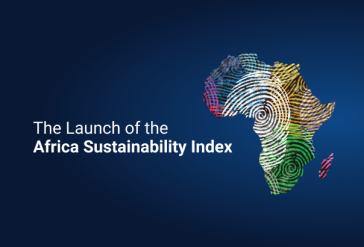Mending women’s health in Africa means uplifting female healthcare professionals
One of the few positive aspects of the global pandemic has been a deeper understanding from the general public of the challenges faced by healthcare workers. Between media campaigns showcasing what they go through on the frontlines, more discussion on the issues faced in health institutions and of course, the recent drive to place them at the front of vaccination queues, healthcare workers are finally receiving some much-needed attention.
However, it is while this spotlight is aimed at the health sector that we also need to examine the challenges faced in an African context, particularly for women healthcare professionals.
The links between healthcare leadership and improving women’s health
Gender equality in healthcare is progressing too slowly, and with an underrepresentation of female leaders in the sector, a major repercussion is a lesser focus on women’s health.
Gender inequity, poverty among women, sexual and gender-based violence are all contributing to overall weaker health for women across Africa. The World Health Organisation (WHO) reports that women are far more likely than men to die from communicable diseases and nutritional deficiencies, and significantly more likely to suffer from maternal and perinatal conditions and nutritional deficiencies compared to women in other regions.
Equally concerning is the way in which COVID-19 has impacted African women, who are disproportionately affected by lockdowns and reduced access to health services.
Recent research has reaffirmed that there are more women than men currently working in the health sector, and globally, there is still a lack of women in positions of authority, with only 25 percent of women healthcare workers operating in senior roles.
However, this same research suggests that one of the few ways to uplift women’s health and place it higher on the agenda, is to promote career development for women, both in and outside of the health sector.
The challenges faced by African women
However, blockades to career development for African women emerge even in childhood, with many who aspire to enter the health sector often impeded due to a lack of education. In rural areas, it is not uncommon for young men to be prioritised by their families when it comes to education, meaning that young women are often left behind.
According to the World Bank, women in Africa are 1.5 times less likely to be formally employed or undergo education or training than their male counterparts and a literacy gap persists across most countries. Unequal access to education, early marriage rates and responsibilities in the home are increasing this disparity.
However, for the women that engage in healthcare careers, there is a significantly lower chance that they will be in the top positions, meaning lower earning potential and fewer opportunities to mentor and lead by example.
Proactive measures to close the gaps
Last year, the WHO launched the Africa Women Health Champions initiatives, recruiting 100 women to support the organisation in improving people’s health and well-being across the continent, while also promoting gender equality.
These initiatives are admirable, but it is also up to each country to also ensure that women are placed in leadership positions, as well as improve their overall visibility. Governments and educational institutions need to provide more for young women pursuing medical careers, and grants for female-led research should be more prevalent.
Thankfully, in recent years we have seen some true success stories for the empowerment of women in the African context. In February, Ngozi Okonjo-Iweala will be taking on the mantle of director-general of the World Trade Organisation (WTO) – the first African woman to do so. She’s been described as a fiercely patriotic Nigerian, and has focused on African economic reform through her 25-year-long leadership position at the World Bank. Already, she has spoken out about the importance of resolving public health issues of the pandemic, and that access to vaccines – and general economic reform – in the developing world need to be prioritised.
The Global Health Corps, a non-profit organisation that offers fellowships to support emerging global health leaders has already produced several incredible, young, African women who are already changing the sector. These young women are committed to realizing health as a human right for all and are bringing awareness to the global health equity movement.
Adanna Chukwuma is a health specialist at the World Bank who has focused on designing and implementing health service delivery reforms across the world, from Romania to Sierra Leone.
Karen Maniraho is a thought leader and writer whose career revolves around amplifying underrepresented voices in conversations around health.
Meanwhile, Favorite Iradukunda’s research has focused on improving healthcare practice and was awarded the International Peace Scholarship from the Philanthropic Educational Organization.
It is through the promotion of women such as these that I believe we will see an improvement in women’s healthcare, a tightening of the gender pay gap, and ideally, affect change in problematic cultural attitudes towards women in Africa. The next generation of young professionals all deserve to have a fair chance to cultivate truly sustainable healthcare systems.
Watch the launch of the FutureProofing Healthcare Africa Sustainability Index below:












